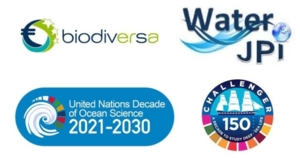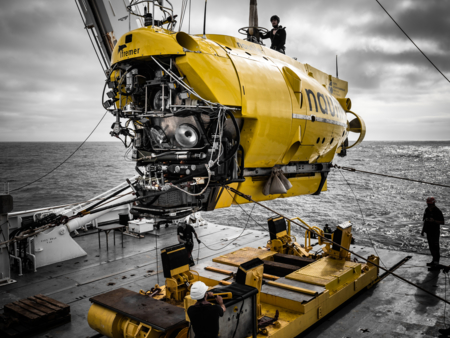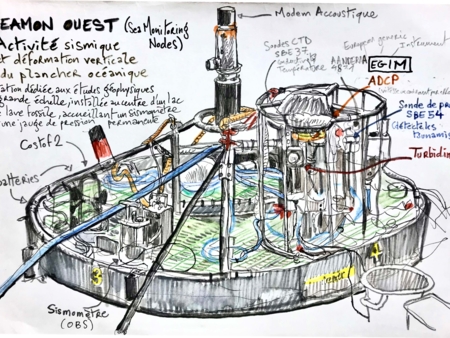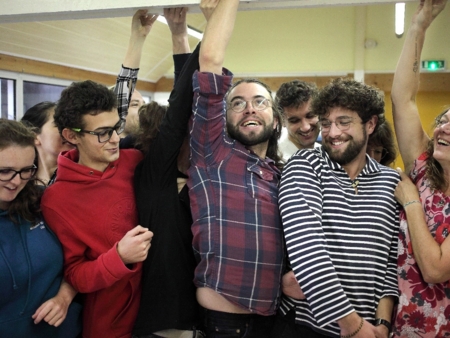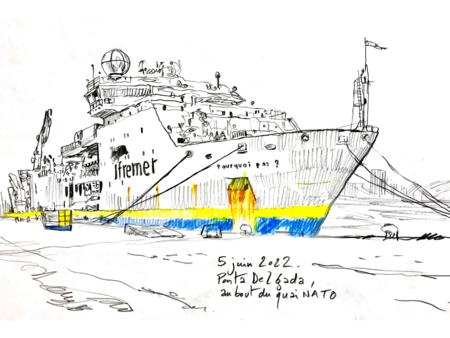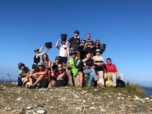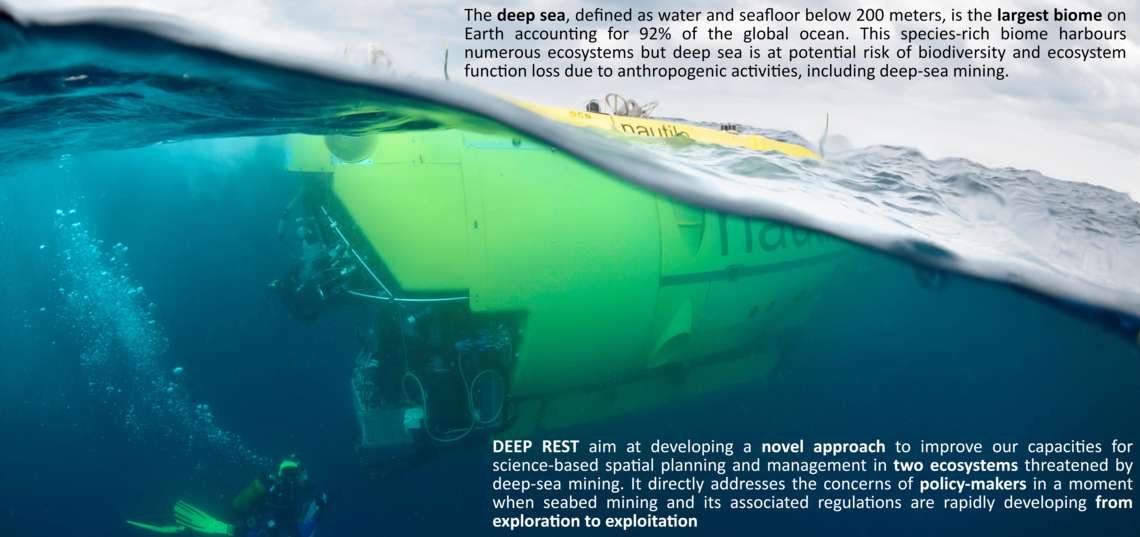
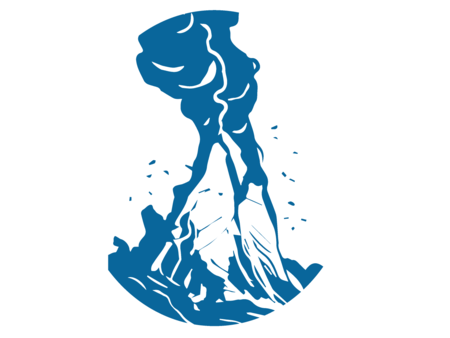
Ecosystem studied
The project will focus on nodule fields of the Pacific Ocean as well as hydrothermal vent fields in the Atlantic and Arctic Oceans.
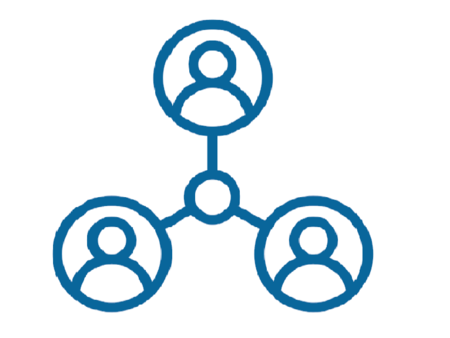
Stakeholders involved
A large number of stakeholders acting at both national international scales who represent a broad spectrum of end-users will be engaged on the project.
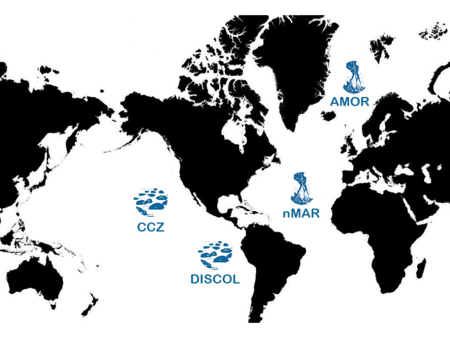
Study areas
The study areas will cover the Pacific ocean (Clarion-Clipperton Zone, DISCOL Experimental Area), the northern Mid-Atlantic and Arctic ridges.
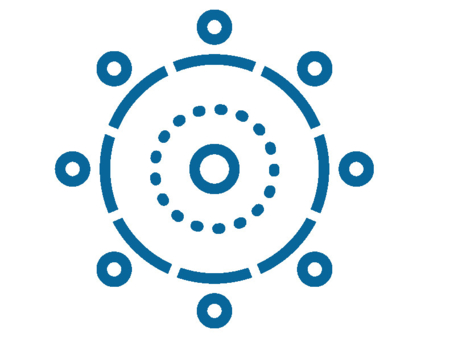
Consortium
The DEEP REST consortium is composed of 15 partners
Last news
Conference in Brest on October 18, 2024
Deep-sea mining. What governance(s) for deep-sea mining?
Emso France data catalog now online
The data acquired by Emso France's observatories are now compiled in a catalog.
An art & science workshop for Master students to create theatrical forms on deep-sea related issues
In June 2024, a group of twelve Master's students from different universities in Brittany discovered the little-known world of deep-sea ecosystems through theater.

Login
This research was funded through the 2020-2021 Biodiversa and Water JPI joint call for research projects, under the BiodivRestore ERA-NET Cofund (GA N°101003777), with the EU and the following funding organisations : Agence Nationale de la Recherche (ANR-21-BIRE-0003), France, Ministry of Agriculture, Nature and Food Quality (LNV), Netherlands, Research Foundation – Flanders (FWO), Belgium, German Federal Ministry of Research (BMBF) through VDI/VDE-IT, Germany, Environmental Protection Agency (EPA), Ireland, Fundação para a Ciência e a Tecnologia (FCT), Portugal, Fundo Regional para a Ciência e Tecnologia (FRCT), Portugal-Azores and State Research Agency (AEI), Spain. Three other entities also contribute to the project : University Center in Svalbard (UNIS), Norway, Centre National de la Recherche Scientifique (CNRS), France, University of Bergen (UiB), Norway.

